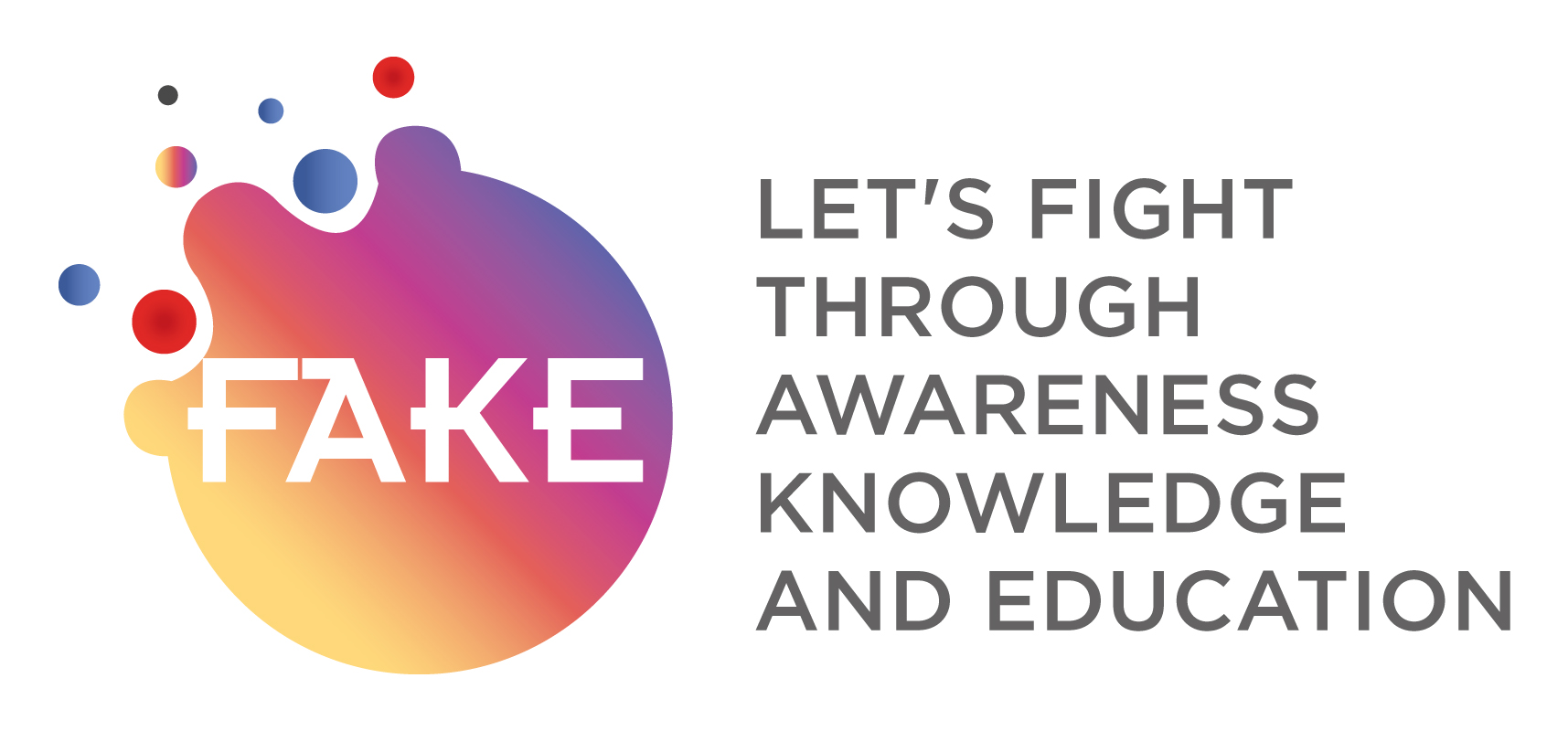Project Description
The latest global PISA test showed that less than 1 in 10 of 15-year-olds across the industrialised world were able to distinguish between fact and opinion. Functional illiteracy, in a climate of uncertainty, distrust and knowledge gaps, makes it difficult to distinguish between sound advice based on facts, and unfounded claims that seek to confuse.
At the same time, with the advent of social networks, the percentage of people who read, share, or comment on content has increased dramatically. Unfortunately, this participation has not gone hand in hand with an improvement in the ability to interpret text and draw independent conclusions.
Education has an important role to play in helping students, teachers and the broader public understand which evidence to trust. However, Covid-19 revealed a major misinformation concern in many countries. Logical arguments do not seem to offer effective strategies against fake news and fake facts, which often utilize a different and often inconsistent language.
The project FAKE will therefore:
- Equip VET trainers with a resource pack on digital practices and tools
- Equip trainees with digital tools to detect fake news manipulation and promote conscious use of social media
- Promote equity and inclusion by facilitating conscious and critical access to media, social and digital contents to vulnerable youth against manipulation and misinformation
- Contrast hate speech, racism, sexism, populism, misperception and misrepresentation, the “corona-racism” phenomenon and “post-truth” on social media
These aims will be reached by co-design, producing, testing, and validating a new curriculum and digital materials for trainers and trainees. Led by Eurocircle, the main providers of youth international mobility programs in the Provence region, along with partners from Italy, Germany, Lithuania and the UK. The project will collectively involve 50-60 trainers and 120 – 150 trainees in the activities.
Outcomes
Outcome 1: Trainer’s Resource Pack
A resource pack will be developed to support trainers and trainees in critically navigating web platforms and social media and avoiding manipulation and misinformation online. It aims to equip trainers who may be less familiar than their trainees in digital literacy.
Outcome 2: Digital Playground
The playground is an online creative software development tool that will help to identify fake news online while learning to code. This will be done by creating interactive visual novels, which will help users learn about fake news and its real-life effects. The platform will be open and accessible for all.
Outcome 3: Online Hackathon
The online hackathon will centre around fake news, its risks and manipulation on social media. It is meant to bring people together locally in VET centres and globally in a virtual space to create solutions to tackle fake news. Codemotion will develop a set of challenges and problem statements. The challenges will be defined with the support of the AG.






